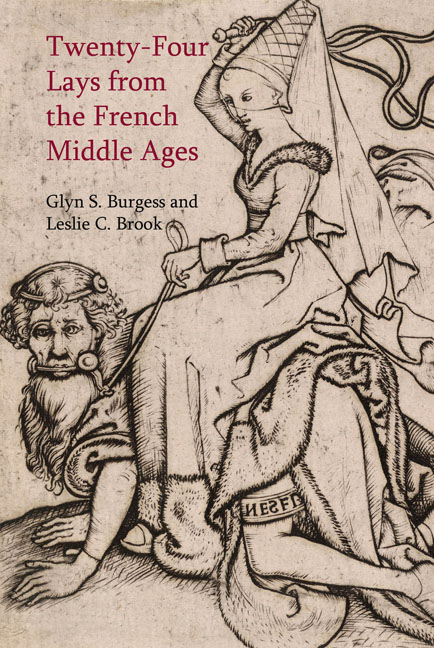4 - Guingamor
from Magic and Mystery
Summary
Introduction
Guingamor is preserved in only one manuscript (S). This lay has been attributed to Marie de France and an edition by Peter Kusel is included in the third edition of Karl Warnke's influential Die Lais der Marie de France (Halle: Niemeyer, 1925, pp. 233–55). Marie's authorship was definitively disproved by Russell Weingartner in 1969 (see Further Reading below). Over the years there has also been considerable discussion of the order of composition of the lays Graelent, Guingamor and Lanval. We accept the order established in 1957 by Cesare Segre: Lanval, Graelent, Guingamor, with the latter two drawing extensively on Lanval. Richard N. Illingworth adds that Guingamor drew material from Graelent (see the Further Reading section for Graelent above).
In response to a dare issued by the queen to all the knights present at court, Guingamor, the nephew of the King of Brittany, sets off to hunt a magic white boar. The queen's unstated aim is to be rid of Guingamor, as she had unsuccessfully propositioned him and is afraid he might denounce her to the king. Fortunately for her, Guingamor tacitly understands her intention and volunteers to go on a mission from which no previous knight has ever returned. Once the boar is located, Guingamor leaves behind all his companions and chases after it alone. After a while, he comes upon a magnificent deserted palace, but continues the hunt and encounters a naked fairy bathing in a fountain. Intrigued by her, he hides her clothes, but she demands them imperiously, calling him by name and promising him the boar if he will stay with her for three days. He accepts and is taken to the palace he had previously come across. He discovers there ten knights who had set out on the quest for the boar and never returned. On the third of the three days agreed upon, he asks permission to leave, only to discover that he has in fact spent 300 years with the fairy. She allows him to depart with the boar's head, but warns him not to eat when he is back in his own world. He disobeys and, as a result, promptly ages rapidly. He is, however, rescued by the fairy's handmaidens and brought back to her domain, never to be seen again in his own country.
- Type
- Chapter
- Information
- Twenty-Four Lays from the French Middle Ages , pp. 50 - 60Publisher: Liverpool University PressPrint publication year: 2016



